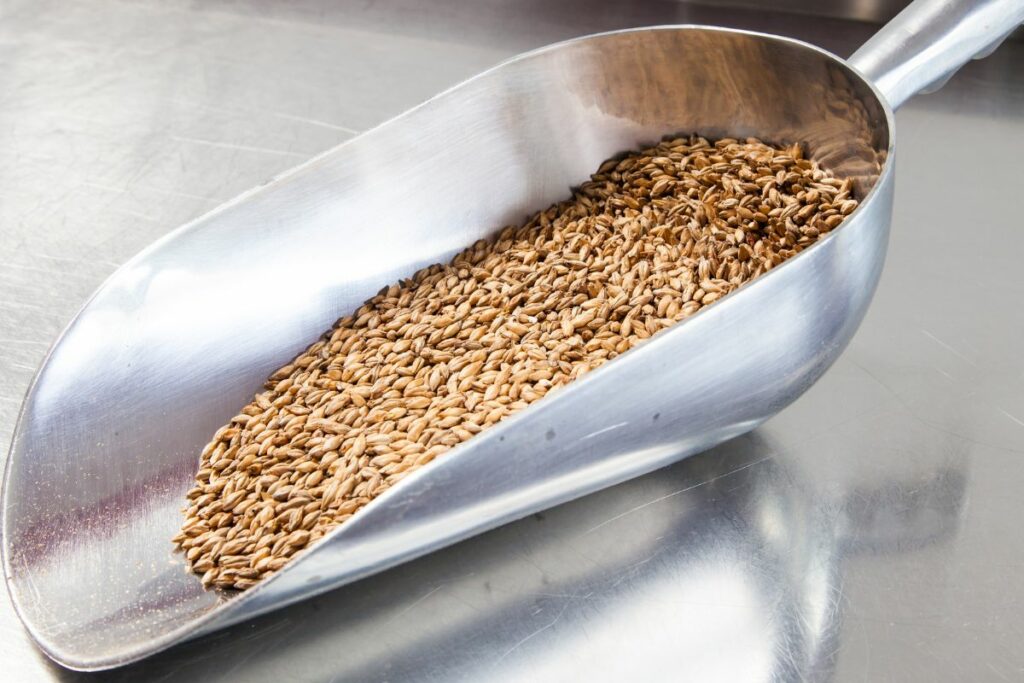Malt powder and malt syrup are common ingredients in many recipes, especially in bread-making and brewing. However, for those who are allergic to barley or gluten intolerant, finding a suitable malt substitute can be a challenge. Fortunately, there are several substitutes available that can be used in place of malt powder or syrup.
One of the best substitutes for malt powder is barley malt syrup. Barley malt syrup is made from sprouted barley grains and has a sweet and nutty flavor similar to malt powder. However, it is important to note that barley malt syrup is not gluten-free, so it may not be suitable for those with gluten intolerance.
For those who need a gluten-free alternative, honey is a great substitute for malt syrup. Honey is a natural product that has a similar texture and color to barley malt syrup. It is also sweet and can add a unique flavor to recipes. Other substitutes for malt powder and syrup include coconut milk powder, molasses, and maple syrup.
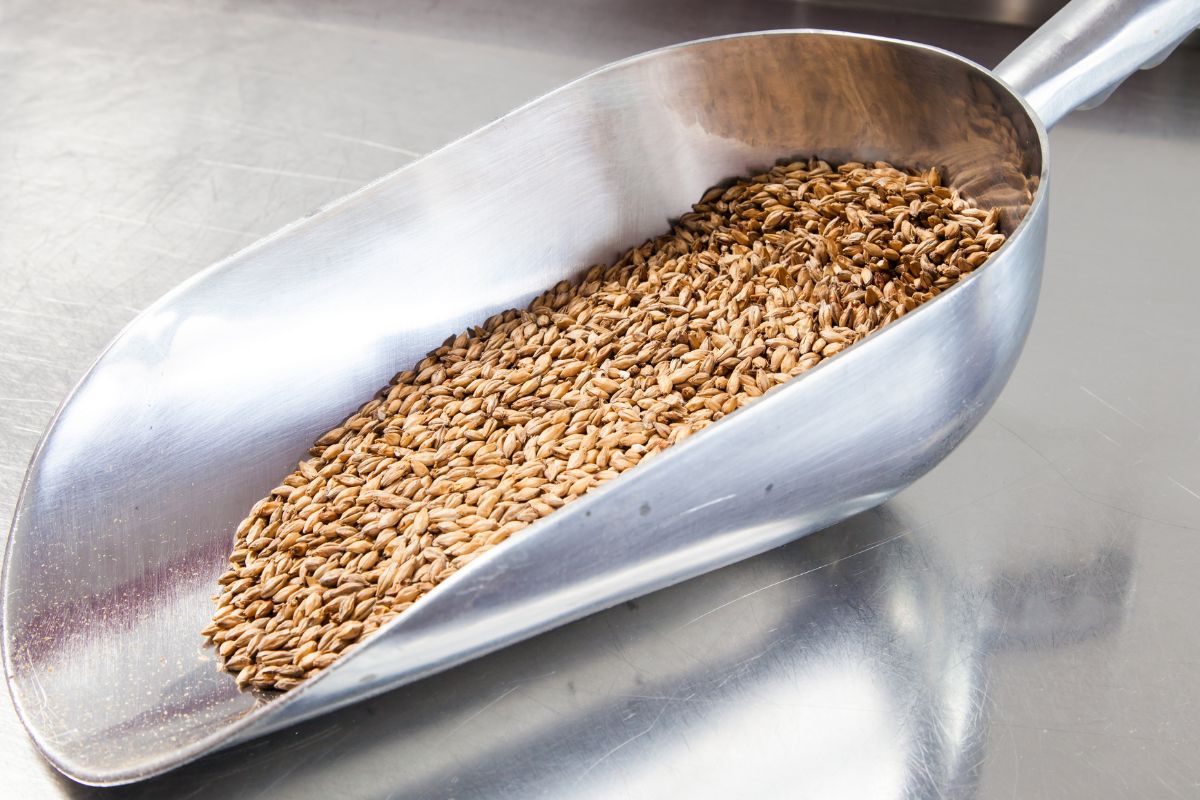
Contents
Understanding Malt Substitutes
Malt is a key ingredient in beer making, providing the necessary sugars for yeast to ferment and create alcohol. However, malt can be expensive and difficult to find, especially for homebrewers. Fortunately, there are several malt substitutes that can be used in place of malt.
Substitutes for malt include white sugar, brown sugar, honey, maple syrup, corn syrup, rice syrup, and molasses. These substitutes can be used in varying amounts depending on the desired flavor and color of the beer. For example, using brown sugar or molasses can add a deeper, more complex flavor to the beer, while using white sugar or rice syrup can provide a lighter, sweeter taste.
It’s important to note that while malt substitutes can be used in beer making, they may not provide the same level of complexity and depth as malt. They also may not have the same enzymatic activity as malt, which can affect the beer’s ability to convert starches into sugars during the brewing process.
When using malt substitutes, it’s recommended to do so in combination with some amount of malt to ensure proper conversion and flavor development. It’s also important to note that different types of malt substitutes may require different amounts to achieve the desired flavor and color.
Overall, understanding malt substitutes can be a useful tool for homebrewers and beer makers looking to experiment with different flavors and ingredients. While they may not provide the same level of complexity as malt, they can still be a viable option for creating unique and flavorful beers.
Types of Malt Substitutes
Malt is an essential ingredient in brewing beer, but it can be challenging to find the right type of malt for a particular recipe. Fortunately, there are several malt substitutes available that can be used to achieve similar results. Here are some of the most common types of malt substitutes.
Barley and Wheat
Barley and wheat are two of the most common grains used in brewing beer. They can be used as malt substitutes to add body and flavor to the beer. Barley is typically used in pale ales and lagers, while wheat is used in wheat beers and Belgian-style ales.
Light and Dark Malts
Light and dark malts are commonly used in brewing to add color and flavor to the beer. Light malts are typically used in pale ales and lagers, while dark malts are used in stouts and porters. Light malt substitutes include pale malt and Pilsner malt, while dark malt substitutes include chocolate malt and black patent malt.
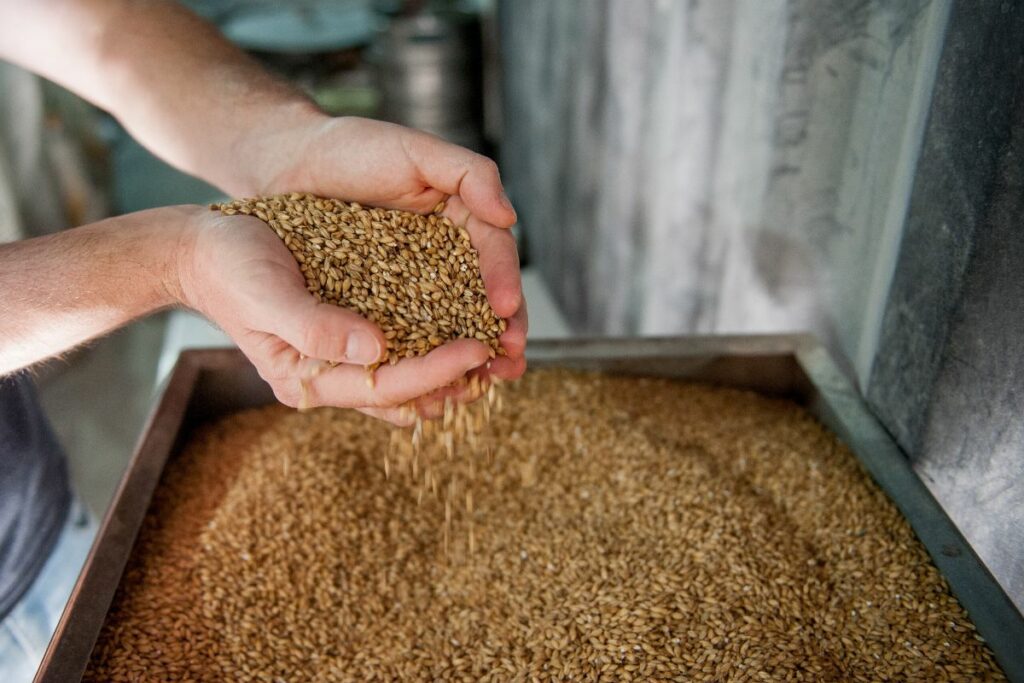
Ale and Lager Malts
Ale and lager malts are two of the most common types of malt used in brewing beer. Ale malts are typically used in ales, while lager malts are used in lagers. Ale malt substitutes include Maris Otter and Golden Promise, while lager malt substitutes include Pilsner malt and Vienna malt.
Crystal and Caramel Malts
Crystal and caramel malts are used in brewing to add sweetness and body to the beer. Crystal malt substitutes include Carapils and Carafoam, while caramel malt substitutes include Crystal 60 and Crystal 120.
Munich and Vienna Malts
Munich and Vienna malts are used in brewing to add color and flavor to the beer. Munich malt substitutes include Vienna malt and Munich Light, while Vienna malt substitutes include Pilsner malt and Munich Dark.
Biscuit and Victory Malts
Biscuit and Victory malts are used in brewing to add a nutty flavor to the beer. Biscuit malt substitutes include Vienna malt and Munich Light, while Victory malt substitutes include Biscuit malt and Amber malt.
Melanoidin and Black Malts
Melanoidin and black malts are used in brewing to add color and flavor to the beer. Melanoidin malt substitutes include Munich malt and Vienna malt, while black malt substitutes include Chocolate malt and Roasted barley.
Overall, there are several malt substitutes available that can be used in brewing beer. Brewers should experiment with different types of malt substitutes to find the best one for their recipe.
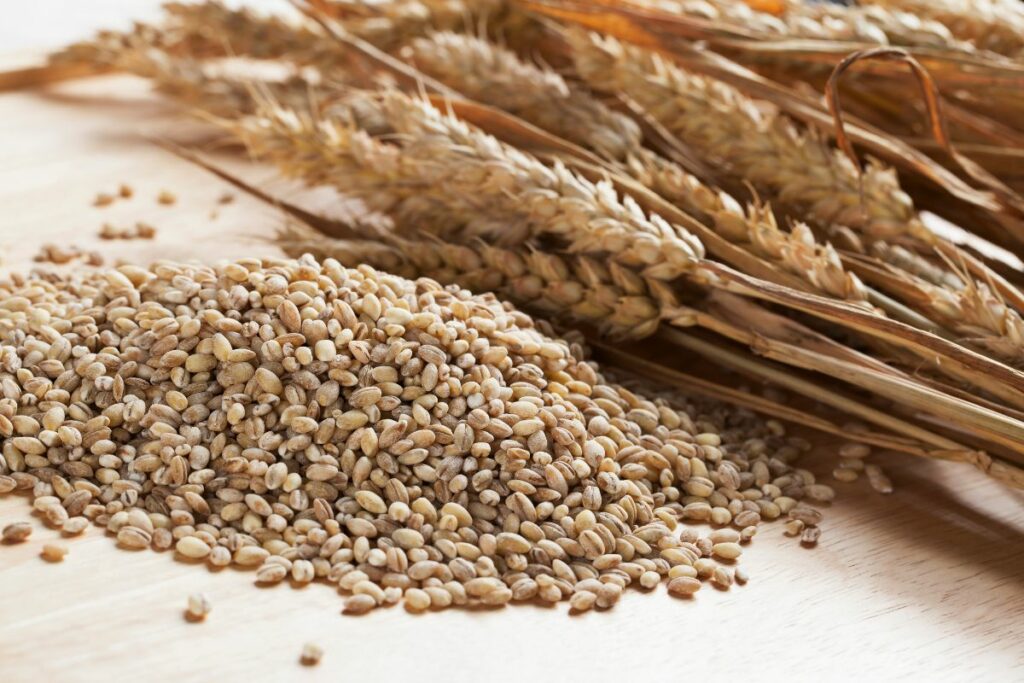
Brewing with Malt Substitutes
Brewing with malt substitutes can be a great way to experiment with new flavors and ingredients in your homebrew recipes. Whether you are looking to add a unique twist to a classic style or trying to work with what you have on hand, there are many options for malt substitutes that can be used in your brewing process.
One common malt substitute is malt powder, which can be used in place of traditional malted barley. Malt powder is made from dried and ground malted barley, and can add a rich, malty flavor to your beer. It can be used in a variety of styles, from stouts and porters to Belgian ales and IPAs.
Another option is malt syrup, which is made from malted barley that has been boiled down to a thick, syrupy consistency. Malt syrup can be used in place of malt extract in many recipes, and can add a sweet, caramel-like flavor to your beer. It is also a popular ingredient in baking and cooking, and can be used to add depth of flavor to sauces and marinades.
When substituting malts in your recipes, it is important to keep in mind the acidity of the malt you are using. Acidic malts, such as crystal malts, can be substituted with slightly paler or darker versions if your homebrew store does not carry the exact color. It is also important to consider the fermentability of the malt, as this can affect the final gravity and alcohol content of your beer.
Overall, brewing with malt substitutes can be a fun and creative way to experiment with new flavors and ingredients in your homebrew recipes. Whether you are looking to add a subtle twist to a classic style or trying to work with what you have on hand, there are many options for malt substitutes that can be used in your brewing process.
Malt Substitutes in Baked Goods
Malt is a common ingredient in baked goods as it adds a sweet and nutty flavor to the recipe. However, for those who cannot consume malt due to dietary restrictions or allergies, there are several substitutes available that can be used in baked goods.
One of the best substitutes for malt is wheat flour. Wheat flour can be used as a substitute for malt powder in recipes that require a diastatic malt powder. It contains natural enzymes that help break down starches, similar to malt powder. However, it may not provide the same flavor profile as malt powder.
Another substitute for malt powder is malted milk powder. Malted milk powder is made from malted barley and wheat flour, and it is a common ingredient in milkshakes and other desserts. It can be used as a substitute for malt powder in baking recipes, and it provides a similar nutty and sweet flavor.
For those who prefer plant-based substitutes, maca powder can be used as a substitute for malt powder. Maca powder is made from a root vegetable and has a slightly nutty and sweet flavor. It can be used in baking recipes to add a similar flavor profile to malt powder.
Soy milk powder and coconut milk powder can also be used as substitutes for malt powder in baking recipes. Soy milk powder has a slightly nutty and sweet flavor, while coconut milk powder has a subtle coconut flavor. Both can be used in recipes that require malt powder to add a similar flavor profile.
In conclusion, there are several substitutes available for malt powder in baking recipes. Wheat flour, malted milk powder, maca powder, soy milk powder, and coconut milk powder can all be used as substitutes for malt powder to add a similar flavor profile to baked goods.
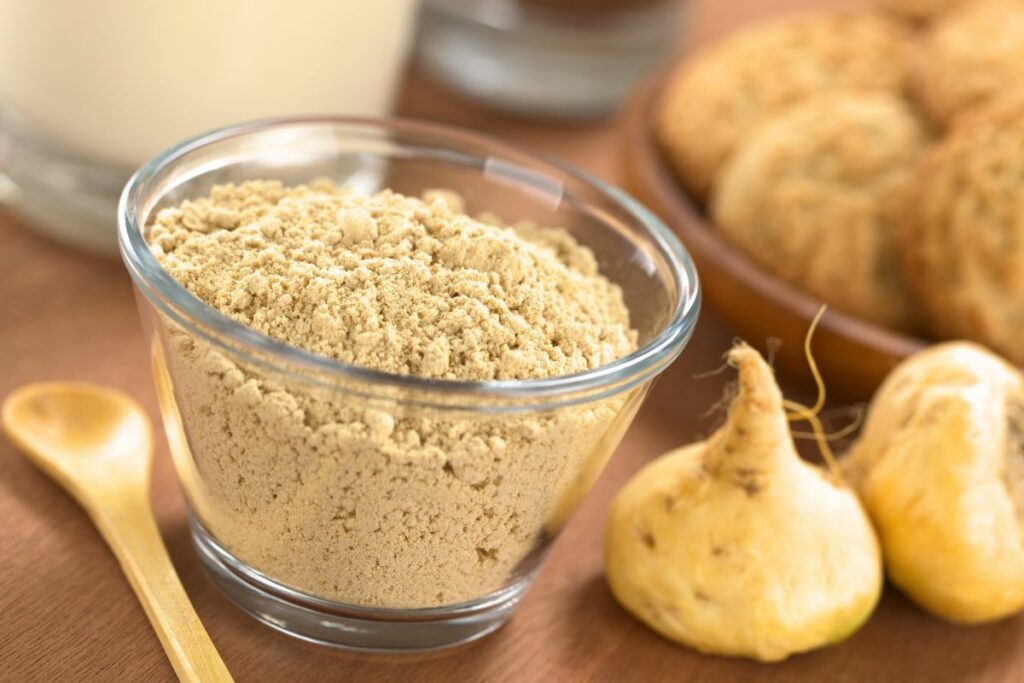
Popular Malt Substitute Brands
When it comes to malt substitute brands, there are a few popular names that come to mind. Briess, Weyerman, Pilsen, Maris Otter, Golden Promise, Fawcett, Baird, Ashburne, Pauls, Muntons, and Premium Pilsner are some of the top brands in the market.
Briess is a popular brand that offers a wide variety of malt substitutes. Their Victory malt is a biscuit-style malt that has been mildly roasted to give it a clean and warm flavor. It is ideal for Nut Brown Ales and other medium to dark beers. Briess also offers other substitutes like Carapils, Crystal, Munich, and more.
Weyerman is another well-known brand that offers a range of malt substitutes. Their Pilsen malt is a light-colored, base malt that is perfect for a variety of beer styles. It has a mild, malty flavor and is a great substitute for other base malts like American two-row or six-row.
Maris Otter is a popular brand among craft brewers. It is a traditional English malt that is known for its rich, nutty flavor. It is a great substitute for other base malts like American two-row or six-row.
Golden Promise is another English malt that is popular among brewers. It has a slightly sweet, biscuity flavor that is perfect for Scottish ales, English bitters, and other traditional English beer styles.
Fawcett is a family-owned business that has been producing malt for over 200 years. Their Maris Otter malt is a popular choice among brewers. It has a rich, nutty flavor that is perfect for traditional English beer styles.
Baird is a Japanese brand that offers a range of malt substitutes. Their Pale Ale malt is a great substitute for other base malts like American two-row or six-row. It has a slightly sweet, malty flavor that is perfect for a variety of beer styles.
Ashburne is an Australian brand that offers a range of malt substitutes. Their Pale Ale malt is a great substitute for other base malts like American two-row or six-row. It has a slightly sweet, malty flavor that is perfect for a variety of beer styles.
Pauls is an Australian brand that offers a range of malt substitutes. Their Pale Ale malt is a great substitute for other base malts like American two-row or six-row. It has a slightly sweet, malty flavor that is perfect for a variety of beer styles.
Muntons is a British brand that offers a range of malt substitutes. Their Maris Otter malt is a popular choice among brewers. It has a rich, nutty flavor that is perfect for traditional English beer styles.
Premium Pilsner is a German brand that offers a range of malt substitutes. Their Pilsen malt is a light-colored, base malt that is perfect for a variety of beer styles. It has a mild, malty flavor and is a great substitute for other base malts like American two-row or six-row.
In conclusion, there are many popular malt substitute brands in the market. Each brand offers a unique flavor profile that is perfect for a variety of beer styles. Brewers can choose from a range of substitutes like Victory, Pilsen, Maris Otter, and more to create their perfect brew.
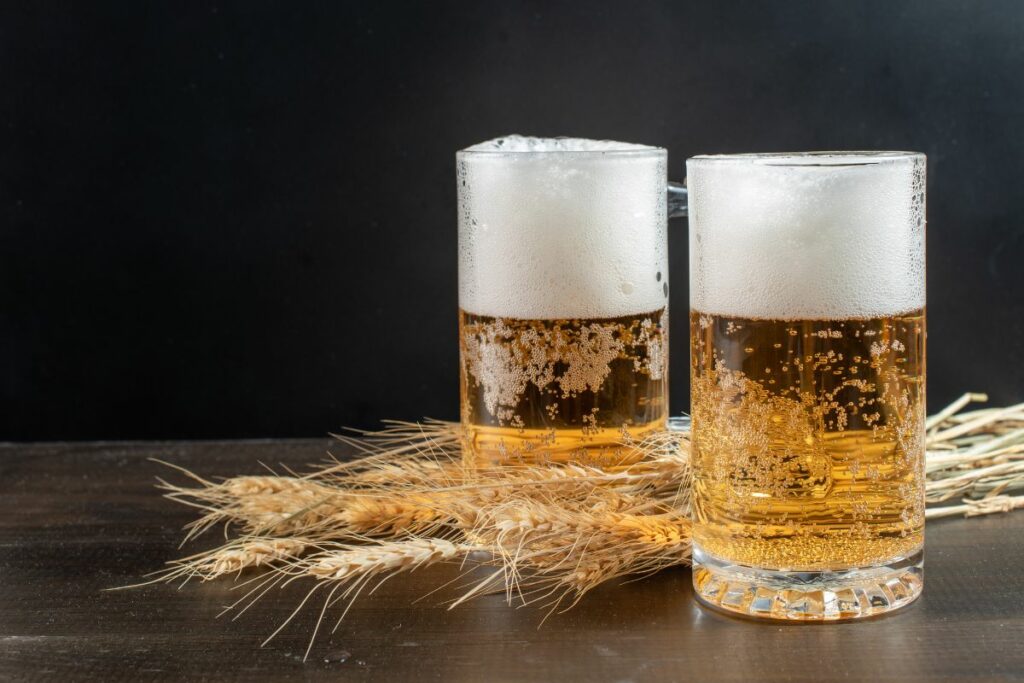
Specialty Malts
Specialty malts are a type of malt that is used to add a unique flavor, color, and aroma to the beer. These malts are typically used in small quantities and are added to the base malt to create a complex flavor profile. Specialty malts are available in a wide range of colors, from light to dark, and each type of malt has a distinct flavor and aroma.
Some of the common specialty malts include amber, chocolate, honey, melano, pilsner, mild ale, Munich I, Munich II, carapils, carared, caraaroma, carahell, dextrin, carafa, wheat malt, acidulated malt, cara malt, chocolate malt, grains, melanoidin malt, and diastatic malt.
Amber malt is a type of malt that is roasted to a light amber color. It has a toasty, biscuity flavor and is often used in amber ales and brown ales. Chocolate malt is a dark roasted malt that gives the beer a chocolatey flavor and aroma. It is commonly used in stouts and porters.
Honey malt is a light-colored malt that has a sweet, honey-like flavor and aroma. It is often used in Belgian-style beers and can also be used to add sweetness to other types of beer. Melano malt is a type of malt that is roasted to a dark color and has a rich, malty flavor. It is often used in dark beers like stouts and porters.
Pilsner malt is a light-colored malt that is commonly used in pilsners and other light-colored beers. It has a mild, sweet flavor and aroma. Munich I and II malts are darker malts that have a rich, malty flavor. They are often used in darker beers like Oktoberfest beers and brown ales.
Carapils malt is a type of malt that is used to improve the head retention of beer. It has a light color and a mild, sweet flavor. Carared malt is a type of malt that is roasted to a reddish color. It has a sweet, malty flavor and is often used in red ales and other red-colored beers.
Caraaroma malt is a type of malt that is roasted to a dark color and has a strong, malty flavor. It is often used in dark beers like stouts and porters. Carahell malt is a light-colored malt that has a mild, sweet flavor. It is often used in lighter beers like lagers and pilsners.
Dextrin malt is a type of malt that is used to add body and mouthfeel to beer. It has a light color and a mild, sweet flavor. Carafa malt is a dark roasted malt that is used to add color to beer without adding a lot of flavor. It is commonly used in black lagers and other dark beers.
Wheat malt is a type of malt that is made from wheat instead of barley. It has a light color and a mild, sweet flavor. It is often used in wheat beers and other light-colored beers. Acidulated malt is a type of malt that is made by adding lactic acid to the malt. It is often used to adjust the pH of the mash.
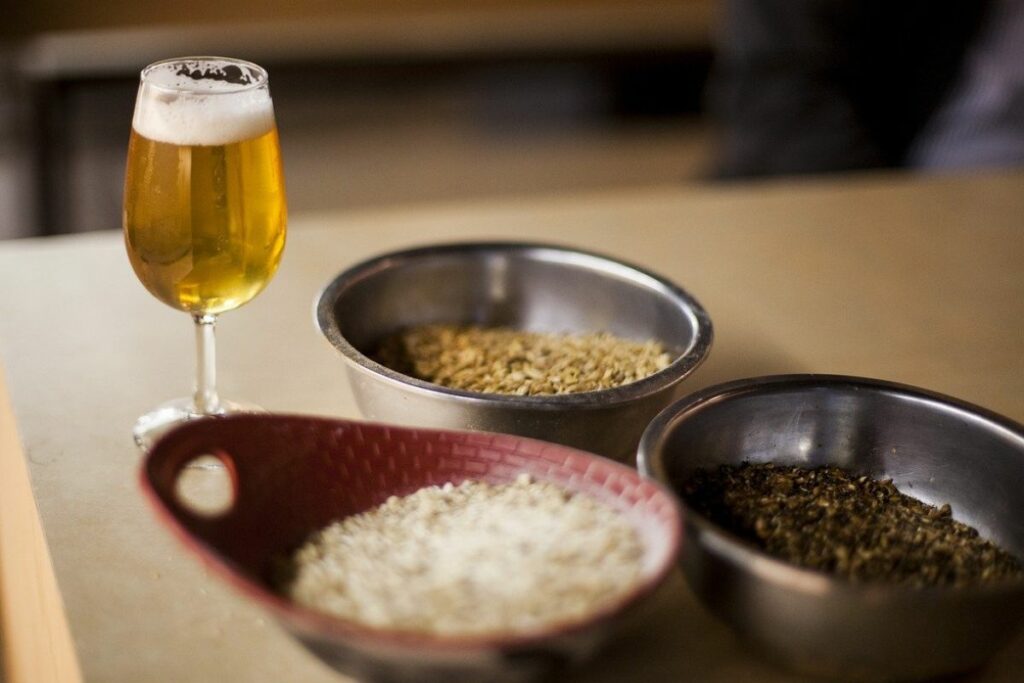
Cara malt is a type of malt that is roasted to a light color and has a sweet, malty flavor. It is often used in brown ales and other dark beers. Chocolate malt is a dark roasted malt that gives the beer a chocolatey flavor and aroma. It is commonly used in stouts and porters.
Grains are a type of malt that are used to add flavor and complexity to beer. They are often used in small quantities and can include rye, oats, and other grains. Melanoidin malt is a type of malt that is roasted to a dark color and has a rich, malty flavor. It is often used in darker beers like stouts and porters.
Diastatic malt is a type of malt that contains enzymes that can convert starches to sugar. It is often used in bread making and can also be used in beer making to help with the conversion of starches to sugar. Maple syrup can also be used as a substitute for malt in beer making and can add a unique flavor and aroma to the beer.
Overall, specialty malts are a great way to add complexity and depth to beer. Brewers can experiment with different types of specialty malts to create unique and interesting flavor profiles.
